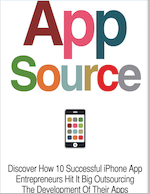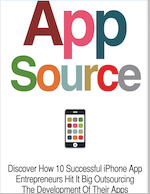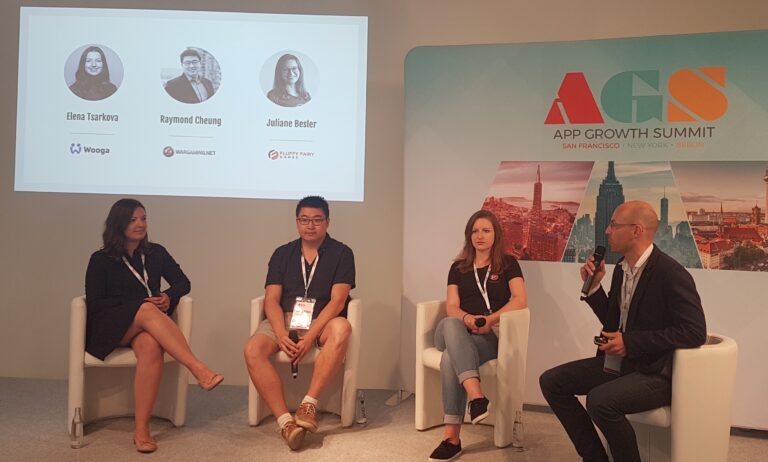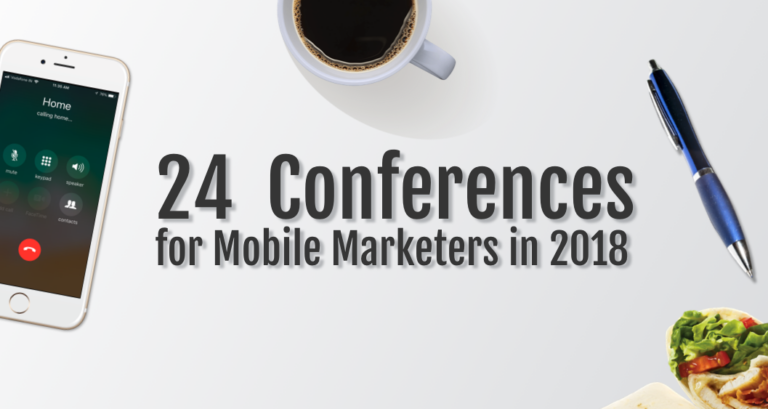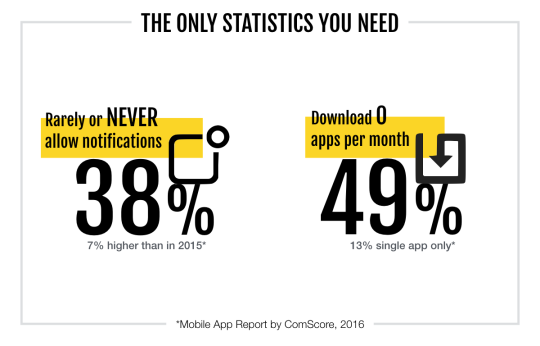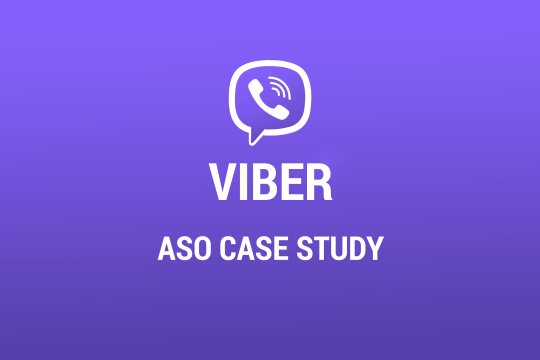Few months ago we’ve worked with Shane Lee on his new book AppSource. The title brings 10 stories of developers who outsourced their apps and games and our interview is part of this. Many things changed (e.g. we don’t outsource as much today 🙂 but it still might be inspirational for you. Read the shortened story here on the blog or buy the whole book at Amazon.
Q: From what I understand, you outsource the entire programming and design aspect of all your apps. Have you had any difficulties in communicating exactly what you wanted to do while doing so?
Yes, for sure and all the time. This is one aspect which you can’t avoid 100% when the entire team isn’t sitting in one office. In fact we don’t have problem with the results but how we get to them. Although we are used to work with freelancers it still brings some misunderstandings. What helps is to write down detailed brief, call afterwards and to set open atmosphere where nobody is afraid to ask others about anything.
Q: How necessary do you think an NDA is for someone outsourcing development of an app?
Generally we have a rule to have a written deal with key members of the team. It is valuable for both sides because we set some rules, responsibilities, payments and sanctions. NDA for secrecy is unnecessary because everyone has tons of ideas but execution matters.
Q: Do you think that you’re at any sort of disadvantage without understanding the basics of iOS programming? How do you mitigate the risk that the programmers you hire might possibly take advantage of this situation?
By choosing the right people whom we can trust. Game development is long and painful process and relationships need to be strong. We always want to set the cooperation same as we would have in a company even if the work is only for hire. You can motivate people with profit share, bonuses for reaching milestone within a set time, etc.
Q: Did you expect Power of Logic to be as successful as it was? What do you think you did right with the app and why?
Regarding Power of Logic expectations we’ve assumed it will earn us more money soon after the launch. It appears as a success after many months when we have closed the sponsorship deal with T-Mobile and later discovered new revenue streams from advertising. Anyway the main goal was to learn about development and marketing which was incredibly useful.
I think there are two main reasons why we can consider the game as a success:
- We are not programmers – we have designed the game from the very beginning as a product, which needs to be sold. We have chosen classic concept, set a narrow target audience of hard-core logic players, created interesting game environment and hired one of the best graphic designers.
- We had plan B and C in case of failure – regardless we worked hard on the launch we had plans what to do in case we want reach sales as expected (and clearly defined before). This helped us to find a local partner soon and later on to discover Chartboost and new revenue stream from advertising. This means we have “milked the cow” as much as possible.
Q: If you were starting out in iPhone app development again, what would you do differently?
I want to be 100% that my idea and execution are truly unique. You will spend probably months of hard work and pay bills to various contractors so the confidence is essential. What I consider great is to share the idea, concept, mockups and demos with as many people as possible. Don’t be afraid someone will steal the idea because everybody is busy to do so. We are getting incredibly valuable response with Sortee from the very beginning and this is maybe the biggest difference between Logic and Sortee development for us.
Next time I would hire a designer and programmer full-time. Unfortunately we are delayed for months with the game development just because we have chosen programmer who is working on another game simultaneously. This costs us in total much more money.
Q: What were your biggest challenges and lessons learnt from releasing your first app?
There were many but I want to mention one that’s very important: test your future colleagues! CVs and portfolios are not enough. Interviews and polite phrases are not enough. Test real skills on real briefs with real outputs and real deadlines. This will tell you much more about the candidate and will save you an unbelievable amount of time and money.
Q: Do you have a process for going from app idea to full-blown development?
Yes, we have two steps pre-production: first game idea is captured in one page template where the author describes basic mechanics, design style, pros and cons, etc. When we decide to go further we create detailed sketches of the game and a game development document where we try to cover the game from its basics to the finer details as how we animate screens and which text appears on Facebook wall when player shares its high score. This is from our brief which can be used for time and price estimates both on our side and contractors side.
Q: Do you conduct beta-tests with potential users for your apps? If you do, how do you go about it?
We test the game with early prototypes. First we use only our partners and friends and the best thing is to just let them play and watch what they do without any interruptions. When we progress further we have at least three testers who get testing screenplay and form how to capture bugs and ideas. This time we plan to make also a third round of testing with general public with Sortee.
Q: Now that there are more than 700,000 apps on the app store, do you think that the market is becoming a bit too saturated for the average independent developer to succeed?
Who is the average indie developer? I am sure there is always enough space for great applications and games. The market is extremely competitive but I think when you work really hard and think wise about steps you are making then you can become a success.
Q: Why do you think most indie developers seem to have such a hard time making a living from selling their own apps?
Because we are fighting big production houses and the consumer doesn’t know the difference between “Indie” and “Commercial” products. If indies wants to get attention, their apps must be on the same level of quality as titles published by the big players.
Q: What words of advice would you have for someone just starting out in iPhone development?
Find a market niche because App Store is huge and the smallest target group is still big enough to earn you lot of money. Create something unique and get a confirmation of at least 10 experts it is truly unique. Hire only the very best people to your team and motivate them well.
Q: Aside from Chartboost, which you mentioned in your post mortem, do you use any other online resources for app development? (Eg: Test Flight, App Annie, etc)
Test Flight, App Annie, Distimo, Flurry, MobileDevHQ, Promoter and Yaycodes.
Q: What do you think are the advantages/disadvantages of focusing on the iPad?
Advantage is definitely higher monetization per user and more space for the content. Disadvantages are moment of usage (usually at home in the evening) and number of devices which is still significantly lower then amount of iPhones.
Q: The buzzword for a while now in the app developer scene is ‘Freemium’. Do you think that pursuing this strategy will continue to be feasible over the long haul? What are your thoughts on how app monetization will change in the future?
I have a very simple answer of todays figures in Flurry: Logic has ten illegal downloads on one paid in last weeks. Freemium can help us to get at least part of the money we are missing now. But the model has to be fair, well implemented in games mechanics and generous to players. And that’s pretty difficult!
